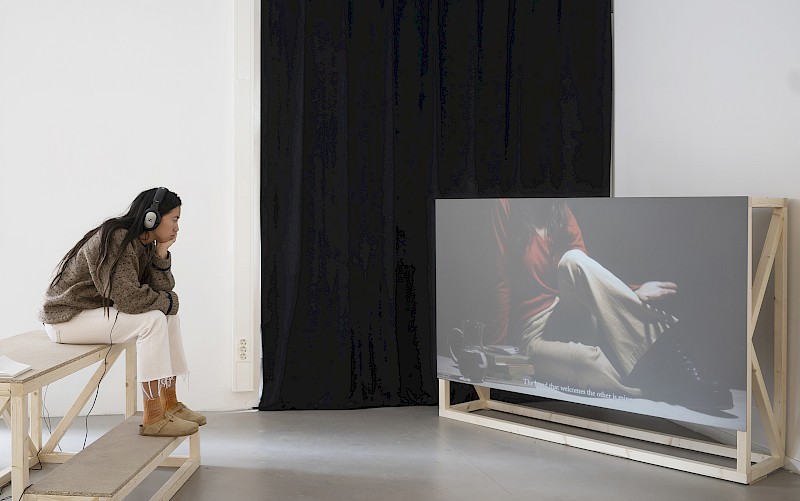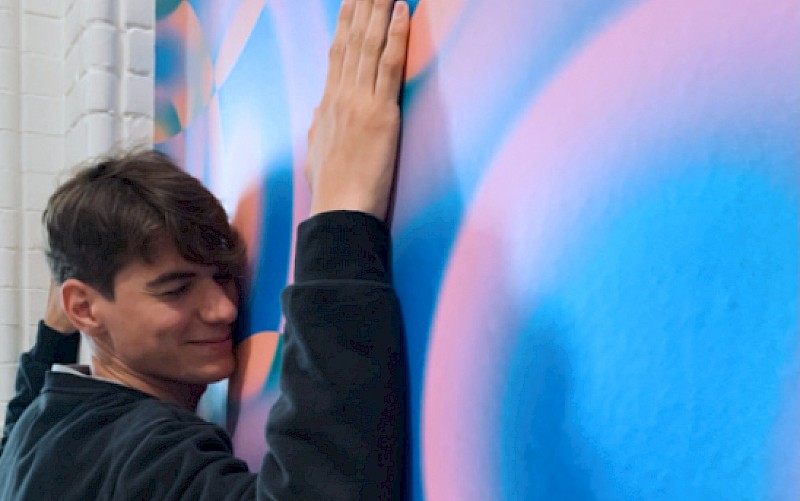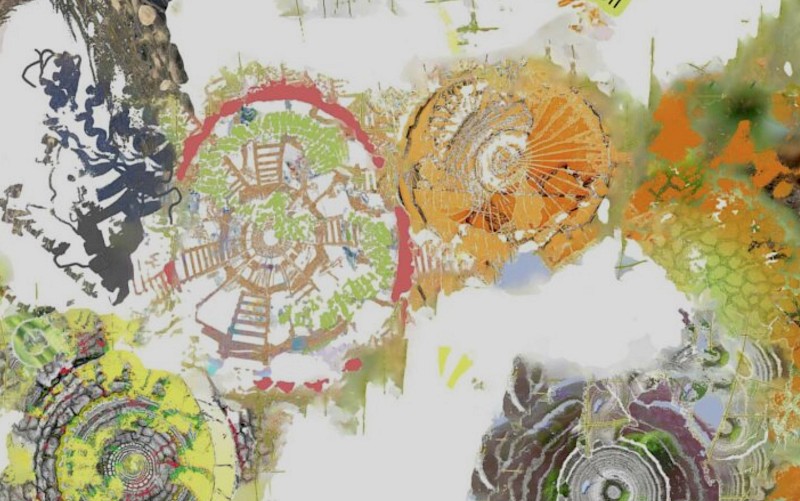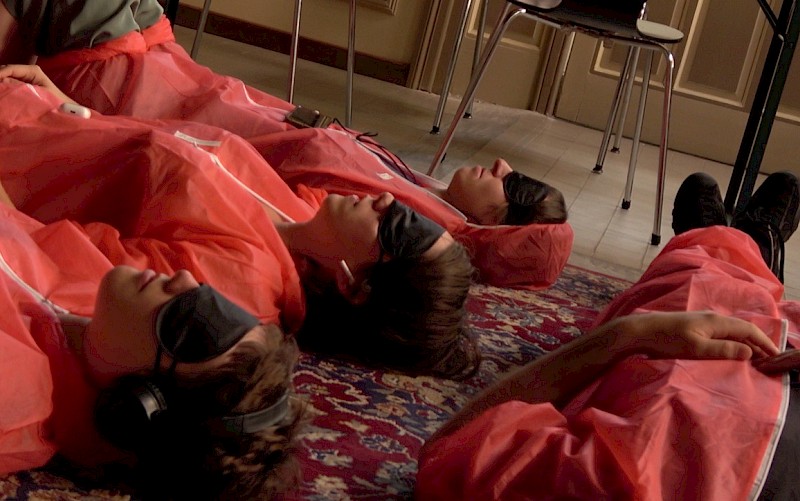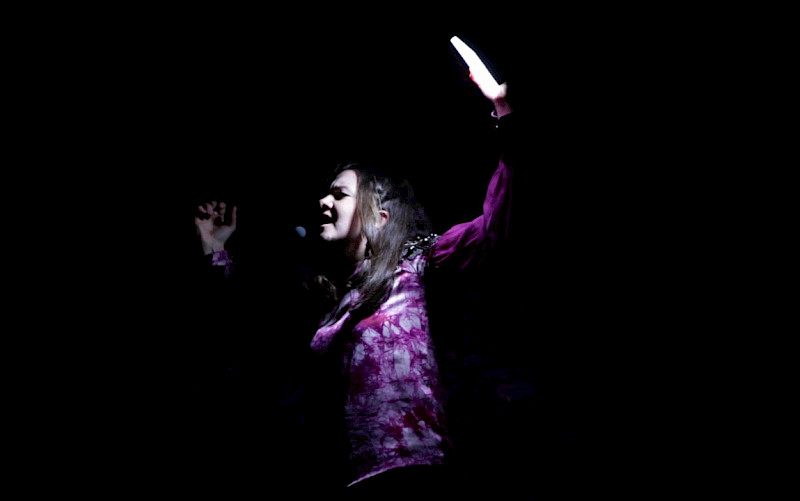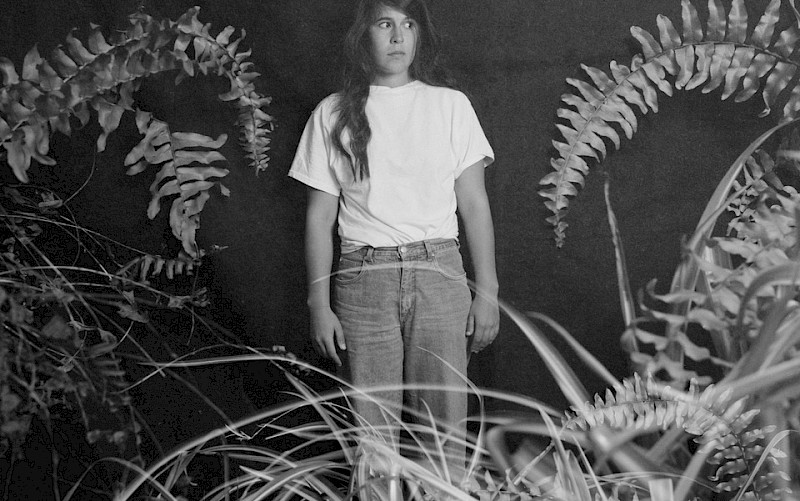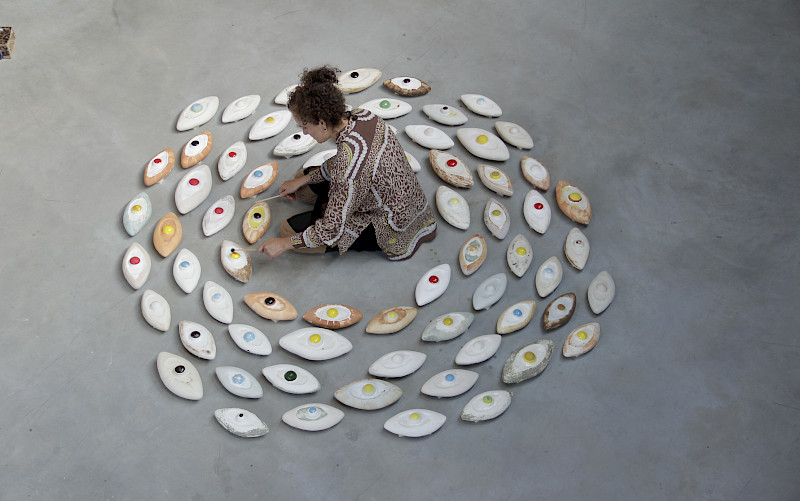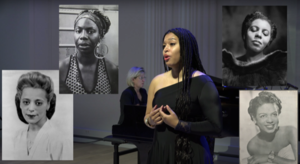
Adding to the Narrative: Intersectional Feminist Critical Curatorial Practices in Classical Vocal Music Performance
Diversity and inclusion within Western art music have become topics of elevated importance in in recent discussions. To create enduring results regarding these matters, there needs to be a commitment to in-depth study of practices that will produce visible change. This is one of the goals of my research, in which I tackle issues of representation by focusing on Black women composers and their absence from the canon as overlooked and marginalized artists. It is well known that women have been denied many opportunities throughout history; as composers, many experiences crucial to professionalism were not always available to women, including music education in composition, the publication and circulation of their works, not being hired as conductors, or receiving reviews from influential critics. These opportunities and resources dwindled further if a woman was also a person of colour. Thus, in order to ensure their inclusion within the canon, these underrepresented identities demand and require unique recognition. I have examined the issue of neglected women of colour composers in classical music from an interdisciplinary standpoint, utilizing the methodologies of history and experimentation to form an “intersectional feminist critical curation” framework. This framework implements knowledge from intersectional feminist theory and music curation practices in order to answer following questions: “What is the impact on new audiences of diverse backgrounds experiencing classical music through an intersectional feminist curatorial framework?”, "Can classical music be an effective device for messages of social and political change?", and “What is the impact on myself as a classical vocalist and a Black woman to implement an intersectional feminist curatorial framework within my musical study and performance?”. The overall goal of this research was to discover an effective way forward to achieving diversity in classical music for underrepresented groups. Drawing from this study, I have created a digital performance project entitled “The Narrativity Sessions,” which functioned as an experiment utilizing this knowledge of intersectional feminist theory and praxis fused with select critical curation strategies applied to my own artistic practice as a classical singer. The outcome was a novel artistic practice that can contribute to creating innovative and artistically fulfilling performances while simultaneously advancing diversity and inclusion in the classical music sphere for audiences, performers, and composers alike.
